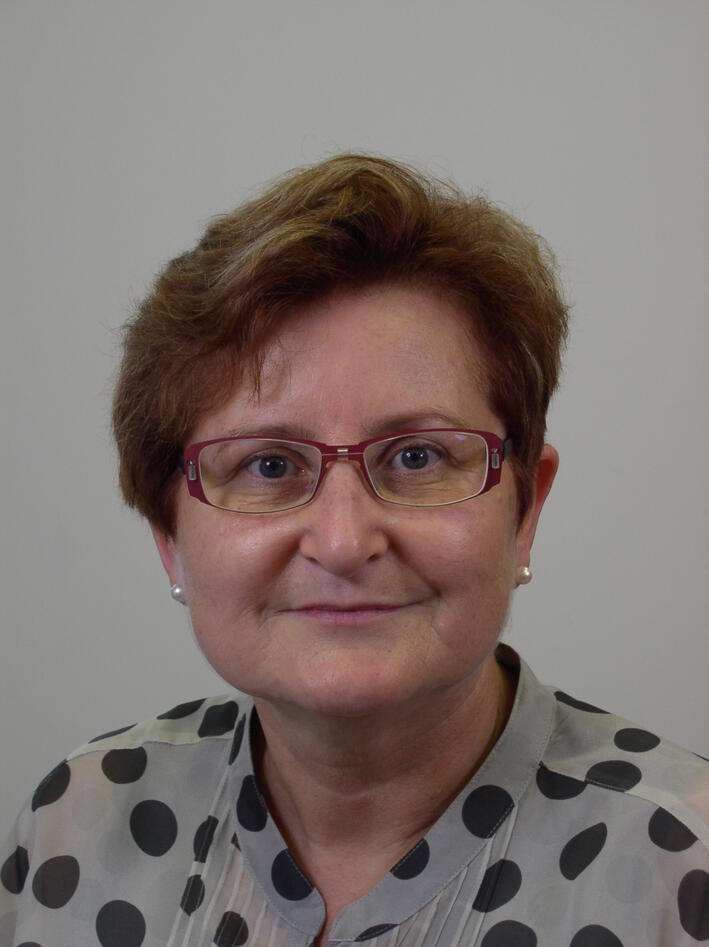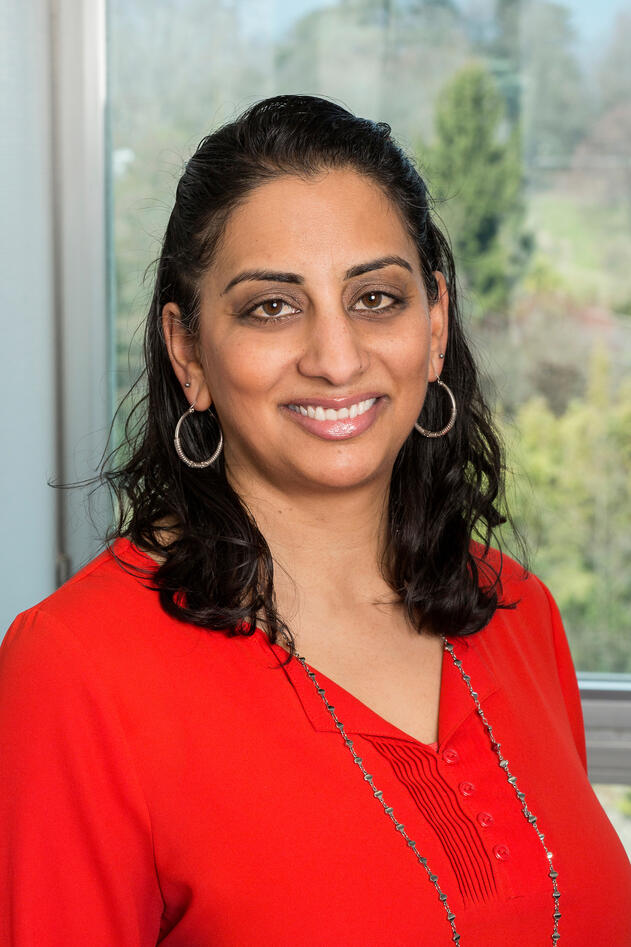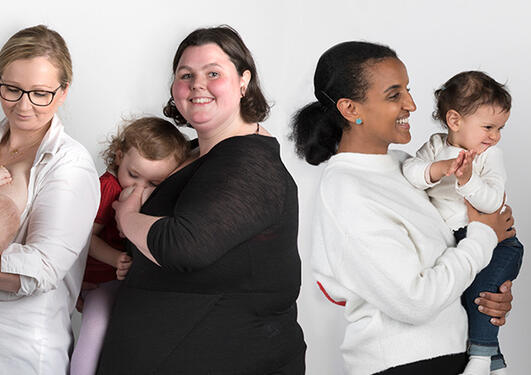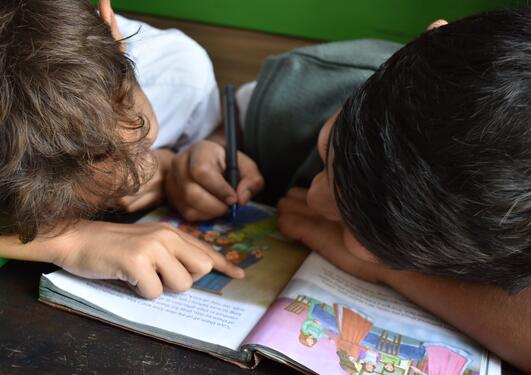Data for policy and practice to improve health and wellbeing along the life course
How to use data to improve health and wellbeing along the life course - what is the potential of digital innovation?

Hovedinnhold
Bernadette Daelmans and Sheila Manji
Department of Maternal, Newborn, Child and Adolescent Health and Ageing
World Health Organization, Geneva, Switzerland
Great strides have been made in measuring indicators related to women’s, children’s, and adolescents’ health. Yet, many critical gaps remain. Real time data is important for timely identification of priorities, and work is in progress in many countries to strengthen information systems accordingly.
In this session, we will discuss availability of data, illustrate how this data can be used to improve health and wellbeing along the life course, and reflect upon the potential of digital innovation.
Bernadette Daelmans is leading the Child Health and Development unit in the World Health Organization, Geneva, Switzerland. Since she joined WHO, she has been engaged with a range of issues related to maternal, new-born and child health including infant and young child feeding, integrated management of childhood illness, new-born health and early childhood development.
She coordinated the development of the Nurturing Care Framework and was a member of the Lancet Global Health Commission on High Quality Health Systems in the SDG Era. Her current focus is on primary health care and health and wellbeing of children and adolescents.
Sheila Manji is an early childhood development specialist with the World Health Organization in Geneva, Switzerland. Sheila has worked on issues related to early childhood development in the education and health sectors for over 15 years. She has supported governments, communities, UN agencies, philanthropic organizations and civil society organizations to develop contextually-appropriate solutions that enable children to thrive.
With WHO, her areas of work include supporting implementation of the Nurturing Care Framework, working with partners to develop advocacy and operational materials that can advance attention to and investment in early childhood development, and strengthening health systems to provide quality care for caregivers and their young children.
This keynote addess is free and open to the public.






